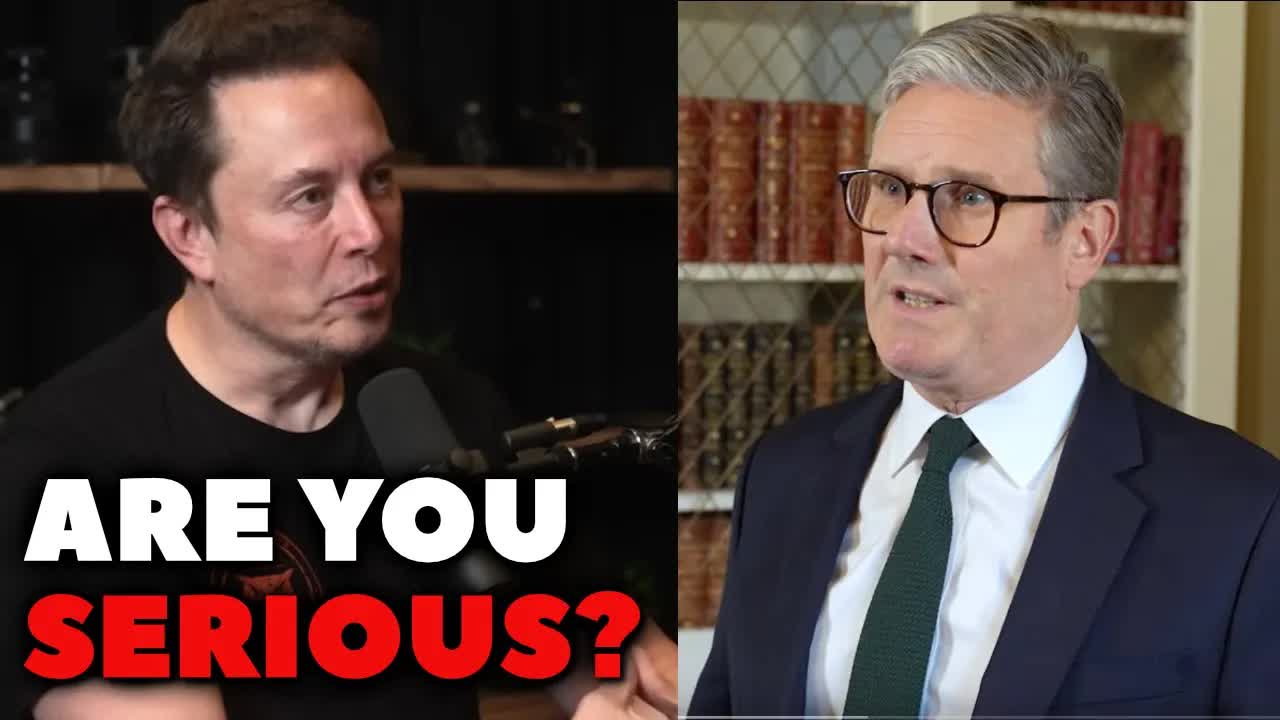In a thought-provoking discussion from Branston Water Park, the topic of free speech in the UK has taken center stage amidst rising concerns over recent legal actions against individuals for their online comments.
The speaker, known for their insights on legal matters, dives deep into the complexities surrounding free speech, particularly in light of the increasing number of people facing prison sentences for posts made on social media platforms like Facebook.
The current climate in the UK has sparked debates about whether the legal system is overreaching its boundaries.
Many argue that imprisoning individuals for their online expressions is a significant infringement on free speech rights.
However, the speaker offers a nuanced perspective, emphasizing that while free speech is vital, it should not extend to inciting violence or promoting harm against others.
This balance is crucial, as the law in both the UK and the US does not protect statements that encourage violence.
In the UK, laws around communication and public order play a pivotal role in defining what constitutes acceptable speech.
The speaker highlights the controversial nature of Scottish laws, which can penalize individuals even within the confines of their homes, whereas English and Welsh laws provide some leeway for private discussions.
This disparity raises questions about how far free speech protections extend in different regions of the UK.
Comparing the UK’s approach to that of the United States, the speaker notes that the First Amendment offers a more robust shield for free speech in America.
This distinction has led to a cautious atmosphere where individuals think twice before sharing their opinions online, fearing potential repercussions.
It’s a stark reminder of how the legal landscape can shape public discourse.
As the conversation unfolds, the serene backdrop of Branston Water Park contrasts sharply with the weighty subject matter.
The speaker humorously recounts their encounter with swans, providing a light-hearted moment in an otherwise serious discussion.
Yet, the underlying tension remains as they reflect on how disagreements on social media can escalate into legal troubles, citing cases where online arguments have led to court appearances.
One particularly striking example involves a woman who faced prosecution for her tweets, deemed excessively annoying by the law.
The speaker questions the rationale behind such legal action, arguing that expecting a society free from offense is unrealistic.
After all, disagreements are part of human interaction, and navigating those without fear of legal consequences is essential for a healthy discourse.
Drawing on personal experiences, the speaker illustrates how everyday disputes, such as disagreements with contractors, can lead to heated exchanges.
They ponder whether the law should protect individuals from being upset by criticism, suggesting that this approach could stifle genuine expression.
It’s a slippery slope when protecting feelings begins to overshadow the fundamental right to free speech.
The discussion shifts to the ramifications of posting opinions online.
The speaker maintains that unless someone is explicitly inciting violence or posing a real threat, the law should not intervene.
They point out that many individuals have received harsh sentences for seemingly innocuous comments made on social media, raising concerns about proportionality in legal responses.
As the conversation veers into the realm of high-profile figures like Elon Musk, the speaker critiques recent statements made by police officials regarding potential legal actions against him.
They argue that the likelihood of extraditing Musk for his online behavior is exceedingly low, emphasizing that such claims stretch credulity.
While acknowledging the challenges law enforcement faces, the speaker believes that targeting individuals like Musk for prosecution is impractical.
Furthermore, the speaker reflects on a recent letter sent to Musk by EU officials, which underscores the tension between freedom of expression and the need to mitigate harmful content.
They question the criteria used to define what constitutes “harmful” material, arguing that such definitions can easily slip into censorship.
The balancing act between protecting free speech and preventing harm is fraught with challenges.
The discourse culminates in a broader examination of societal norms and expectations.
The speaker expresses concern over the increasing tendency to censor opinions deemed unpopular or offensive.
They argue for the necessity of allowing individuals to make their own choices about what to consume, rather than imposing blanket restrictions based on perceived risks.
Ultimately, the speaker calls for a more open dialogue about free speech, urging society to embrace the complexities that come with it.
They invite viewers to share their thoughts on this intricate issue, emphasizing the importance of respectful discourse.
In a world where the lines of expression are continually tested, fostering understanding and tolerance remains paramount.










